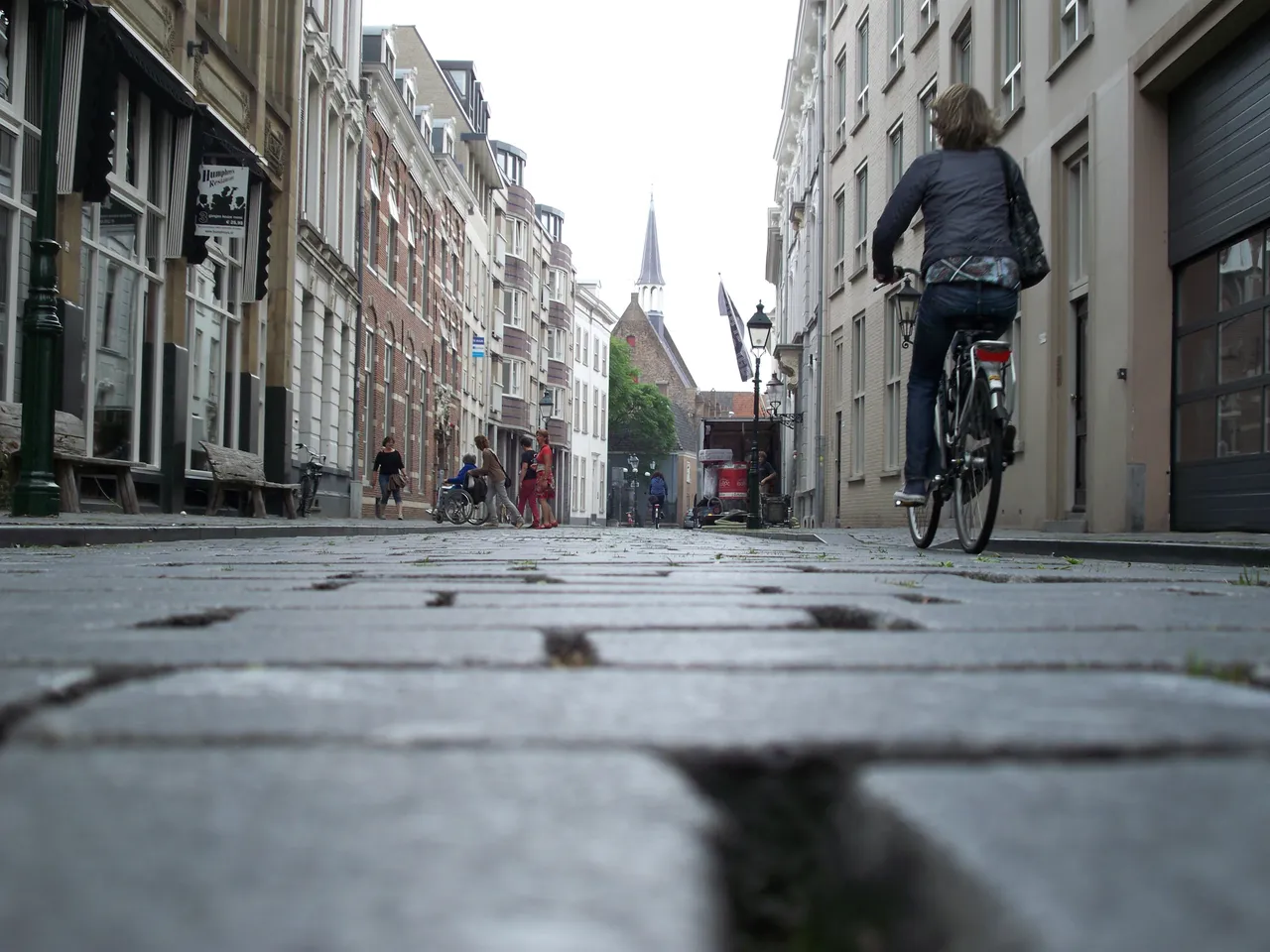
The technology industry is currently ploughing full steam towards automating that thing that most of us do to get about: driving.
As with most technologies in this increasingly fast paced technological revolution, it will no doubt disrupt traditional industries, likely logistics will be the first to benefit, replacing human drivers with automated ones and increasing speed, cost and efficiency in the process.
The ripple effect of this will be far reaching as automation becomes an essential part of logistics.
Our shopping habits will change
Automated logistics will mean much faster deliveries and greatly reduced costs. As the industry works out how to automate the "last mile", cutting out humans from the delivery chain, it will lead to more and more of us shopping online. As this becomes the norm, the traditional shop will certainly suffer, and they will have to find new ways to compete.
We are already seeing shop chains working together to offer the customer more services from a single location, whilst enabling them to pay the rents on their premises. Argos in Homebase, Esso with a Spar shop and a Costa, and Morrison's with Amazon collection points are all evidence of this.
I believe in the future we will see shops that are just for displaying products. Manufacturers will pay to have their good on display for customers to see and try on, you will order the products in store, and they will be shipped to your house by the time you arrive back home.
Some shops will ride through this storm, such as food outlets and clothes stores, but the shop will change to be more about customer experience than purchasing goods.
There will be no point in owning a car
Once commercial vehicles have been automated, personal transportation will be the next target, the automated taxi, once the technology matures, will surely rule our roads.
If course the car companies will try to convince us that the ultimate experience will be to own our own autonomous vehicle. But to my mind the numbers just don't add up.
Our cars spend 95% of their time parked, once we can summon a car on our smartphones and trust that it will arrive within minutes, it will be easier and more cost effective to just hire a car everytime you need one, and not bother owning one anymore.
Plus there will be no more road tax to pay, car insurance to hunt down, or maintenance bills, and the days of the designated driver will be long gone!
Our streets will be freed up
With our new found freedom from ownership, we won't be clogging our streets up with cars parked everywhere anymore. For those streets that aren't main through routes such as closes and cul de sacs, expect kids playing football in the street, and street parties on special occasions.
Who knows? We may even speak to our neighbours more!
The traditional hotel will suffer
The bread and butter of most hotels is the business customer. They have important meetings in the mornings at far flung locations, and this need places to stay. Most hotels these days also have business facilities such as meeting rooms, teleconferencing facilities, and refreshment services.
But with the ability to work whilst on the move now that the vehicle can drive itself, not only will productivity go up, but the mobile office will also become the mobile hotel. Business men and women will have their tea at home, say goodnight to their children, and then summon a sleeper car to take them overnight to their business meeting in the morning.
And there will be comfort and entertainment a plenty, for the right price of course.
Policing and medical care will have to adjust
One of the great sells of autonomous vehicles is that our roads will be made safer, it is estimated that around 90% of road incidents are, at least in part, caused by human error. So once this rate is drastically reduced, it will have a big effect on policing and medical care.
With the reduction in accident rate, and autonomous vehicles being law abiding citizens, the police will be able to drastically reduce their road policing, moving to a more central monitoring role, and not having to attend as many accidents and road blockages.
In turn our hospitals will have to deal a fraction of the incidents, allowing them to redeploy ambulances, helicopters and staff to other healthcare needs.
One unfortunate consequence for medicine is that there will be an even greater shortage of organ donors, since car accidents currently give a steady supply of healthy organs for transplant.
What ripple effects are you expecting? Let me know your thoughts in the comments, and if you like this post, please upvote this post and follow me.